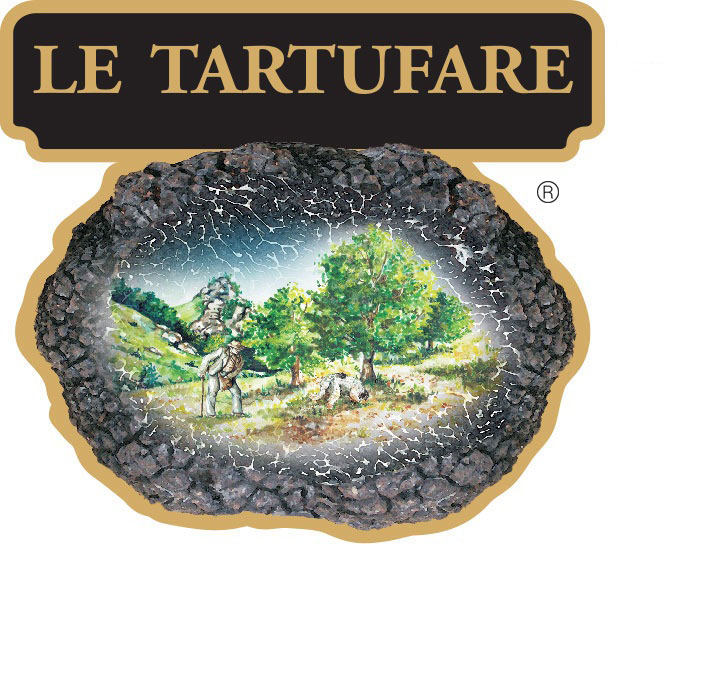Key Challenges for Online Gambling Canada Legal Operators
Online gambling in Canada has undergone significant evolution in recent years, becoming a booming industry with numerous opportunities. However, legal operators face substantial challenges that can impact their operations and market growth. In this article, we will delve into the primary hurdles these operators encounter, ranging from regulatory complexities to fierce competition and technological issues.
Regulatory Compliance and Licensing
One of the most pressing challenges for legal online gambling operators in Canada is navigating the complex web of regulatory compliance and licensing. Each province has its framework governing online gambling, which can lead to confusion and added operational costs. Canadian operators must ensure they are fully compliant with the rules set forth by provincial regulatory bodies, which can vary widely. This includes obtaining the necessary licenses, complying with advertising restrictions, and implementing responsible gambling measures.
The licensing process itself can be exhaustive, requiring extensive documentation, background checks, and proof of financial viability. As regulations frequently change, operators must stay vigilant to adapt to new legal frameworks, which can entail extra administrative burdens. In summary, understanding and adhering to the regulations can be a daunting task for many operators, with penalties for non-compliance posing severe risks.
Market Competition
The online gambling market in Canada is becoming increasingly competitive, with numerous operators vying for consumer attention. Established international brands, local startups, and even land-based casino operators are flooding the digital space, intensifying rivalry. For new entrants or smaller operators, differentiating themselves from well-funded competitors can prove challenging gamble canada.
To compete effectively, operators must invest in innovative marketing strategies, exceptional customer service, and high-quality user experiences. Incorporating compelling promotions, loyalty programs, and diversified gaming options can attract and retain players. However, continuous investment in marketing and product development can strain resources, especially for less-established brands.
Technological Challenges
The rapid evolution of technology presents both opportunities and challenges for online gambling operators in Canada. With advancements in mobile apps, live gaming, and blockchain technologies, operators must continuously adapt to meet player expectations. This dynamic landscape requires not only robust infrastructure but also knowledgeable staff to manage and innovate technology effectively.
Moreover, security is paramount for online gambling sites due to the sensitive nature of financial transactions and personal data. Legal operators must invest heavily in cybersecurity measures to protect against potential breaches, which can be costly and damaging to their reputation. Remaining up-to-date with the latest tech trends while ensuring a seamless user experience can be a balancing act that many operators struggle to achieve.
Responsible Gambling Initiatives
With the rise in online gambling comes a heightened awareness of responsible gambling practices. Canadian operators face the challenge of implementing effective measures to promote responsible play among their user base. This is not only a regulatory requirement but also an ethical obligation to foster a safe gaming environment.
Operators must create and promote programs that help users manage their gambling habits, such as self-exclusion tools, deposit limits, and access to support services. Additionally, educating players about the risks associated with gambling is essential. Not only do these initiatives ensure compliance with legal standards, but they also enhance the operator’s reputation and trust among consumers.
Payment Processing Issues
Lastly, payment processing remains a significant challenge for online gambling operators. The diverse array of payment methods available to Canadian consumers can complicate operations for legal gambling sites. Operators must provide multiple options while ensuring secure and efficient transactions for their players.
Challenges arise from regulatory restrictions on specific payment methods, including credit cards and cryptocurrencies. Additionally, international payment processors may impose additional fees or delays, complicating cash flow management for operators. As such, operators must work diligently to establish partnerships with reliable payment providers that align with industry regulations while also offering a convenient experience for players.
Conclusion
In conclusion, while the online gambling market in Canada offers lucrative opportunities for legal operators, it is not without its challenges. Regulatory compliance, fierce competition, technological demands, responsible gambling practices, and payment processing hurdles all contribute to the complexities of this dynamic landscape. To thrive, operators must navigate these challenges with strategic planning, innovation, and a commitment to providing a safe and enjoyable user experience.
FAQs
1. What are the primary regulatory bodies overseeing online gambling in Canada?
The primary regulatory bodies include provincial authorities such as the Alcohol and Gaming Commission of Ontario (AGCO), the British Columbia Gaming Policy and Enforcement Branch, and others in respective provinces.
2. How can operators ensure compliance with evolving regulations?
Operators can ensure compliance by regularly reviewing regulations, employing legal experts, and participating in industry networks that keep them informed about legislative changes.
3. What are effective marketing strategies for online gambling operators?
Effective marketing strategies include targeted advertising, loyalty programs, promotional bonuses, social media engagement, and partnerships with influencers to reach a wider audience.
4. How can operators promote responsible gambling?
Operators can promote responsible gambling through self-exclusion tools, deposit limits, providing educational resources, and collaborating with organizations that support problem gambling.
5. What payment methods are commonly used in Canadian online gambling?
Common payment methods include credit and debit cards, e-wallets like PayPal and Skrill, bank transfers, and increasingly, cryptocurrencies.
